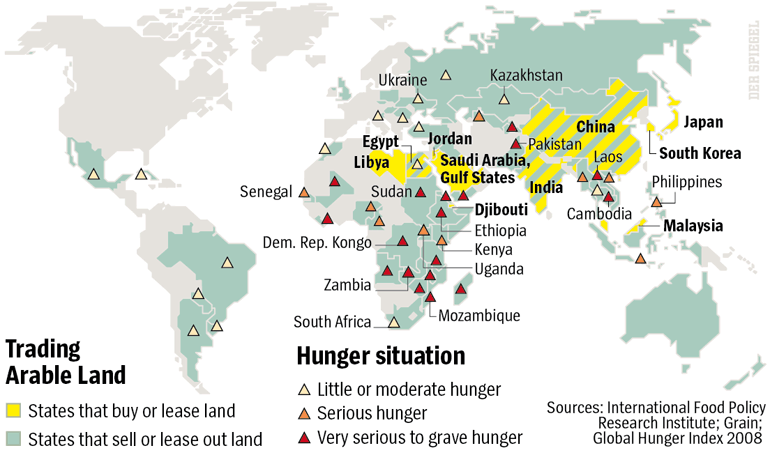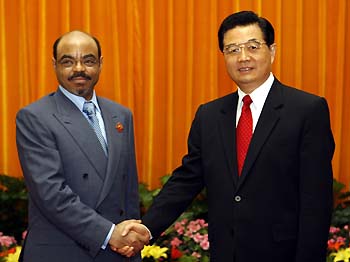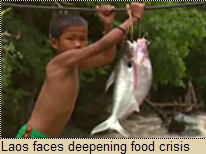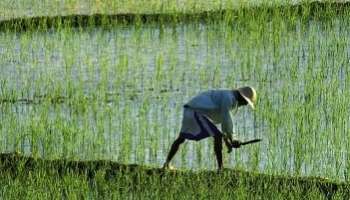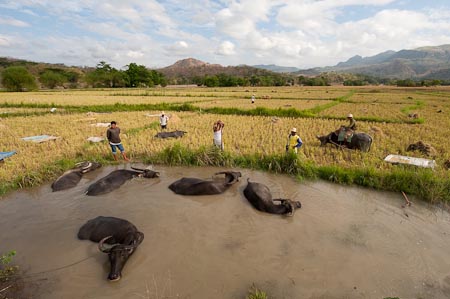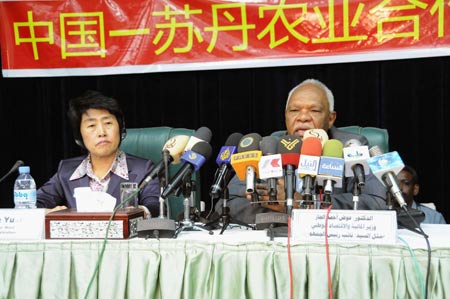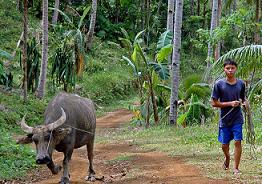China slow to invest in expensive LatAm farmland
- Reuters
- 14 August 2009
Resource-hungry China has so far passed over investing in high-priced farmlands of South America in favor of Africa, with its less developed commodities markets, greater need for financing and open labor laws.







